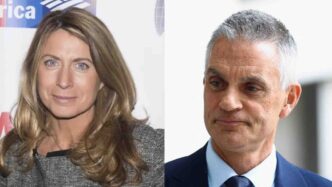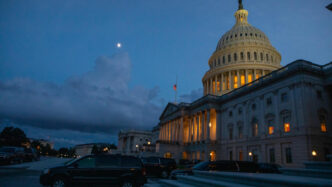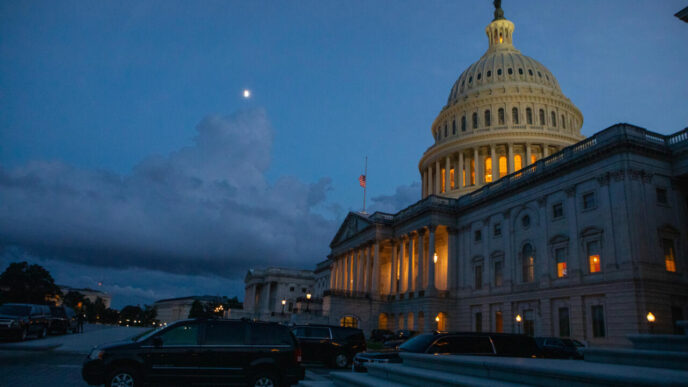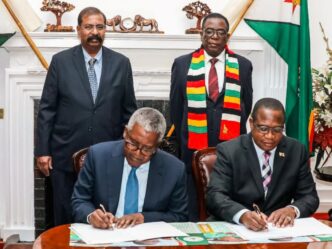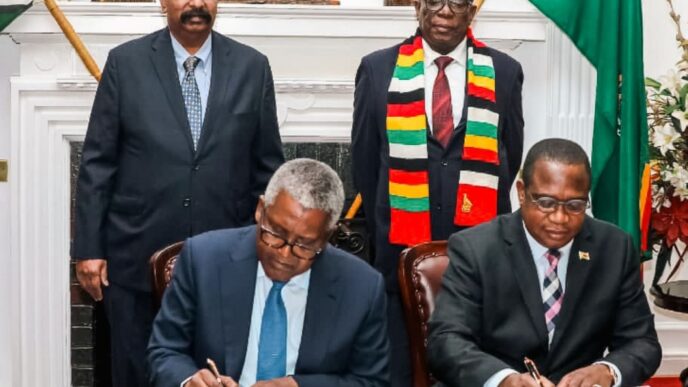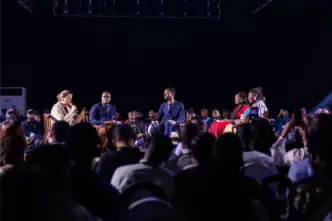Outgoing BBC Director-General Tim Davie and BBC News chief Deborah Turness have both tendered their resignations, with Davie explicitly citing the current “febrile”—or feverish and highly contentious—media environment as a key factor.
Their departure follows intense political pressure stemming from various fronts, demonstrating the relentless nature of leading the publicly funded broadcaster.
The immediate trigger for the resignations was a controversy involving a misleadingly edited clip of a 2024 documentary about President Donald Trump.
While the error by unnamed producers was over a year old, it was amplified by the UK’s right-wing press, allowing conservative critics to advance their long-standing campaign against the BBC’s perceived bias.
Davie and Turness acknowledged “mistakes have been made” but emphasised they took ultimate responsibility.
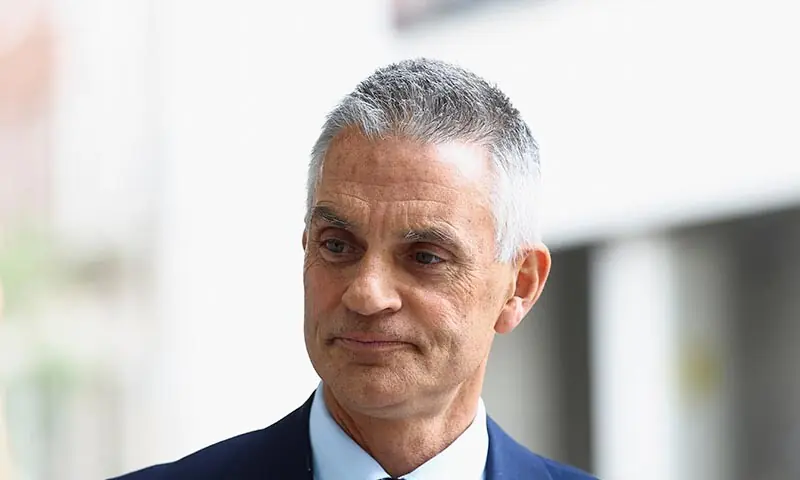
The Trump row was just one pressure point among many.
The BBC is currently navigating near-daily disputes over its coverage of the Israel-Gaza war, constant attacks from rival media organisations, and, most critically, a looming government review of its Royal Charter.
This charter governs the BBC’s funding model, which is currently based on the mandatory household licence fee.
Davie explained he wanted a successor to have adequate time to help shape the plans for this essential charter renewal, which expires in 2027.
The situation illustrates the BBC’s current reality: one in which genuine editorial errors are exploited by a broader political campaign intended to undermine the organisation itself, a dynamic Trump celebrated as a personal victory.


 Trending
Trending 
